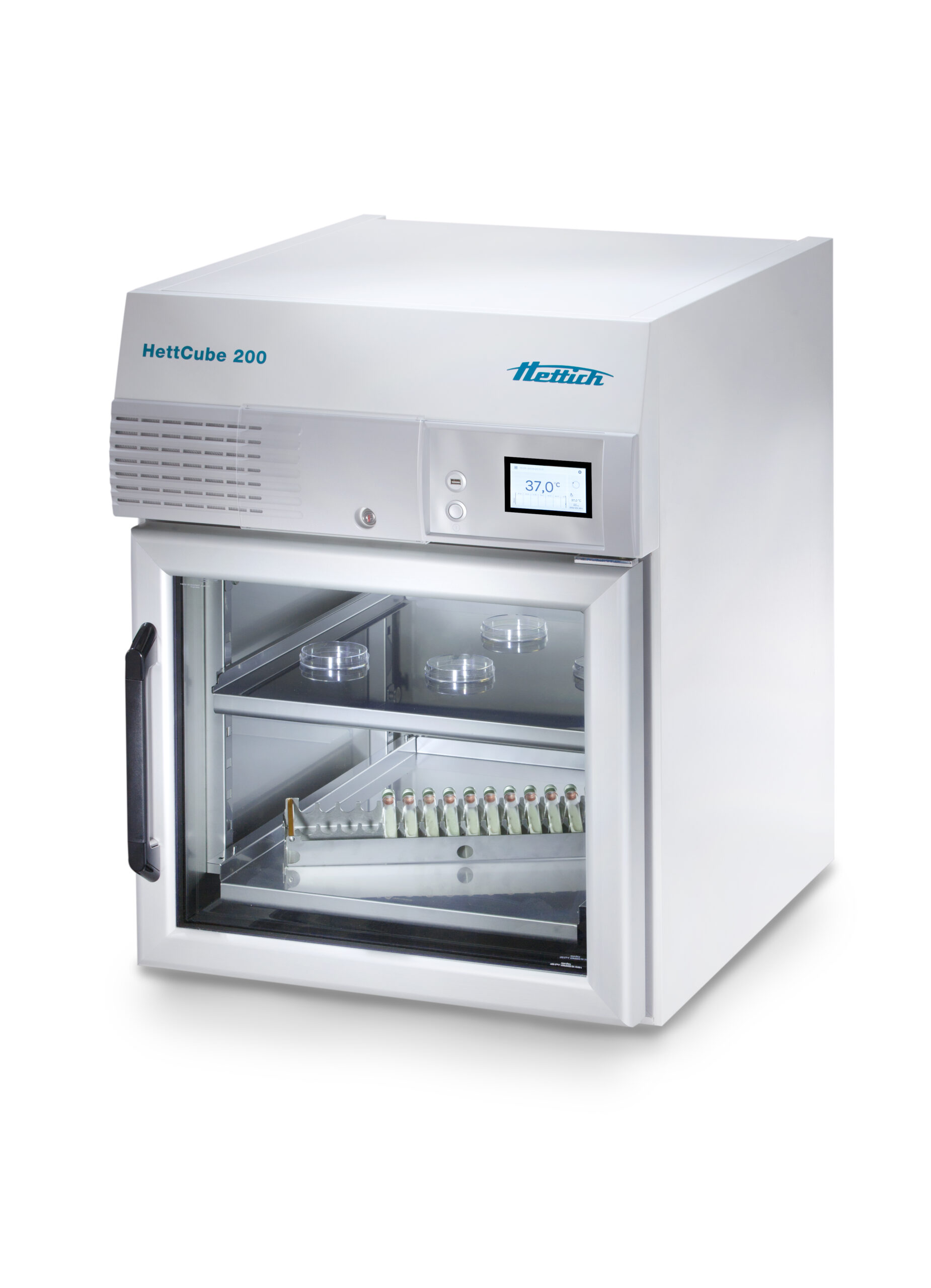Laboratory incubators are used to grow bacteria, cells, and other microorganisms. Laboratory incubators provide a controlled environment that mimics the ideal environment of microorganisms. Incubators are also considered a staple in laboratories where cell growth is required.
Laboratory incubators also provide the right nutrition and temperature for tissues, cells, and other microorganisms so they can grow and be used for different experiments. One of the main functions of an incubator is to provide an in-vitro environment for cell culture. At the same time, it facilitates the preservation of the cultures.
Cell cultures are sometimes preserved for future experimentation. However, not all laboratory incubators are the same. Understandably, their functions and mechanisms can vary depending on what they are made for. Below are some of the different types of laboratory incubators available in the market today.
Mini Incubators
As the name implies, these are miniaturized versions of the conventional incubators. Surprisingly, these small versions have the same capabilities as their larger counterparts. Mini incubators are usually very affordable. Mini incubators are commonly used in the poultry industry.
Standard Incubators
Standard incubators are stand-alone incubators that are typically used for cell culture. It is also ideal for cell culture that won’t need any special or restricted environment. Standard incubators can operate at temperatures that range from 80°C or 100°C. Some models have features like gravity-powered convection.
Humidity Incubators
Humidity and temperature are considered important in some cultural processes. For cultured cells to grow accordingly, they would require a certain level of humidity within its incubation chamber.
Humidity incubators are designed specifically to regulate both the temperature and humidity. To maintain the special atmosphere within the chamber, indirect heating is used.
Refrigerated or Cooled Incubators
Refrigerated or cooled incubators are designed to provide accurate temperature control. They also come with different sensors to ensure the temperature is monitored accordingly. Cooled incubators are commonly used in microbiology and biology laboratories.

